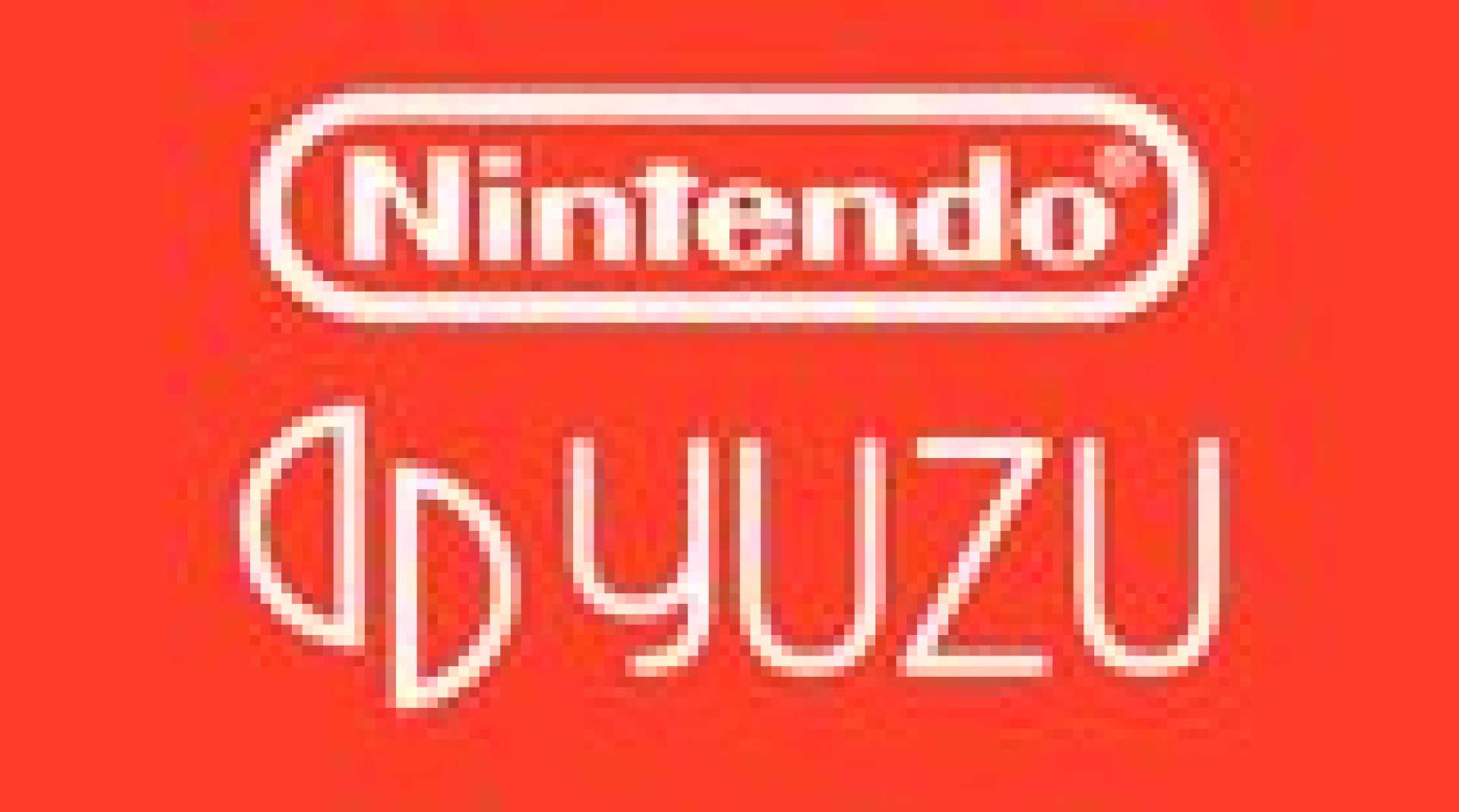News
Nintendo’s Legal Action Halts Ryujinx Emulator Development

In recent developments, the popular open-source Nintendo Switch emulator, Ryujinx, has been forced to cease operations following legal intervention from the renowned Japanese video game company, Nintendo. The emulator’s creators were approached by the company on Monday, resulting in the suspension of the project and removal of associated assets, as explained in an announcement shared by one of Ryujinx’s developers, known as riperiperi.
The announcement, disseminated by Ryujinx, stated, “Yesterday, gdkchan was contacted by Nintendo and offered an agreement to stop working on the project, remove the organization and all related assets he’s in control of. While awaiting confirmation on whether he would take this agreement, the organization has been removed, so I think it’s safe to say what the outcome is.”
This move by Nintendo marks the company’s ongoing efforts to crack down on emulators. Earlier this year, Nintendo initiated legal proceedings against the creators of another Switch emulator known as Yuzu, leading to a settlement where Tropic Haze, Yuzu’s creators, paid $2.4 million in damages and permanently shut down operations.
Nintendo has justified its actions by stating that emulators such as Yuzu and Ryujinx can facilitate widespread piracy of its games, with one lawsuit alleging that “The Legend of Zelda: Tears of the Kingdom” was pirated nearly one million times prior to its official release.
A key spokesperson for the Entertainment Software Association (ESA), Aubrey Quinn, commented on the issue, emphasizing that “The industry is committed to protecting the creativity and hard work of video game developers. Illegal circumvention of copyright protections or engaging in copyright piracy stifles innovation and hampers the development of the entertainment experiences that are enjoyed by millions of players here in the U.S. and around the world.”
Emulators themselves are not illegal; however, downloading or distributing copyrighted game material without permission violates copyright law. Despite this nuance, the legal pressures faced by emulators stem from their potential to encourage or facilitate piracy on a large scale.
Historically, Nintendo has maintained a strict stance against activities it views as piracy or copyright infringement. For instance, in 2022, hacker Gary Bowser was sentenced to pay $4.5 million for distributing piracy-enabling devices. The far-reaching effects of Nintendo’s legal actions highlight the company’s commitment to protecting its intellectual property at all costs.












